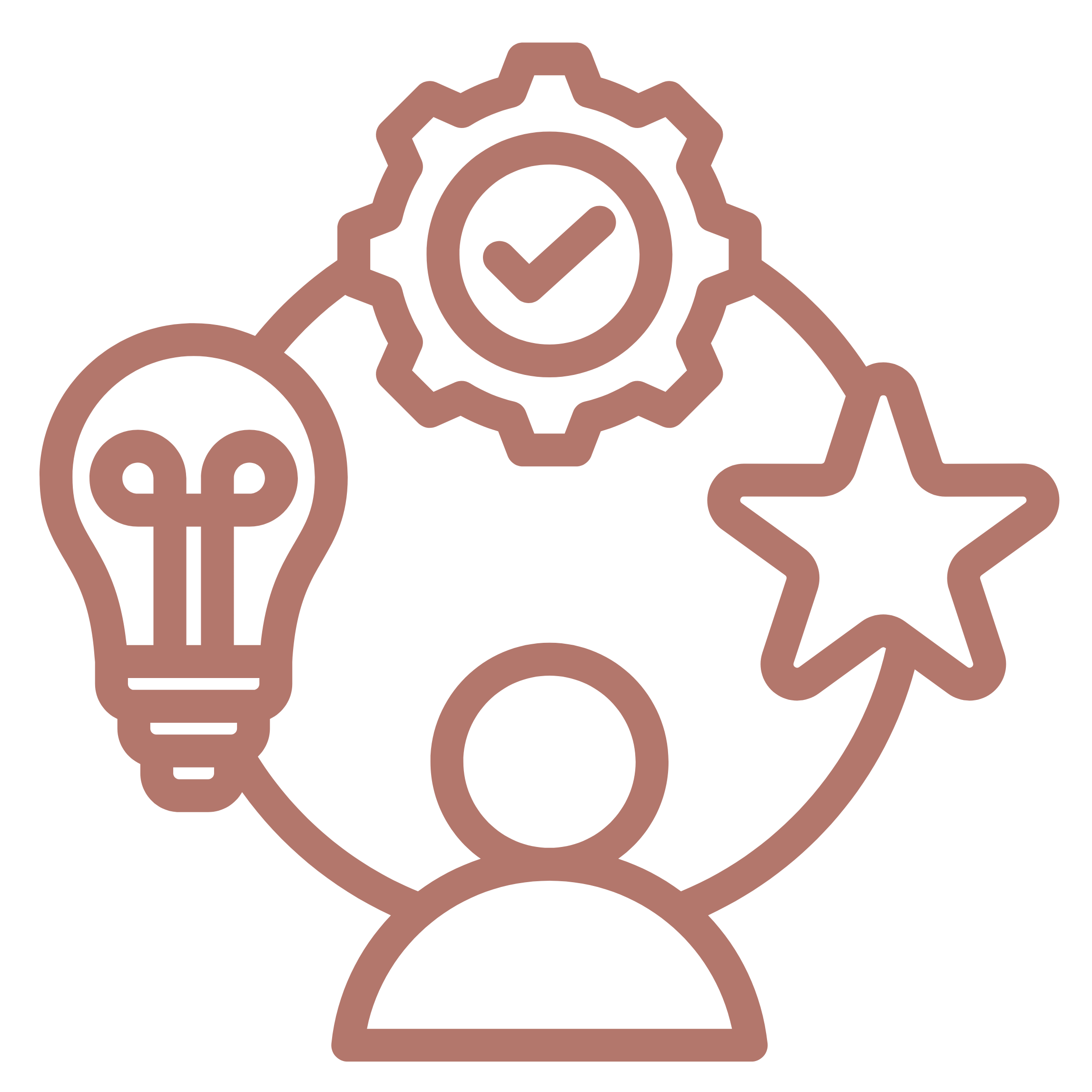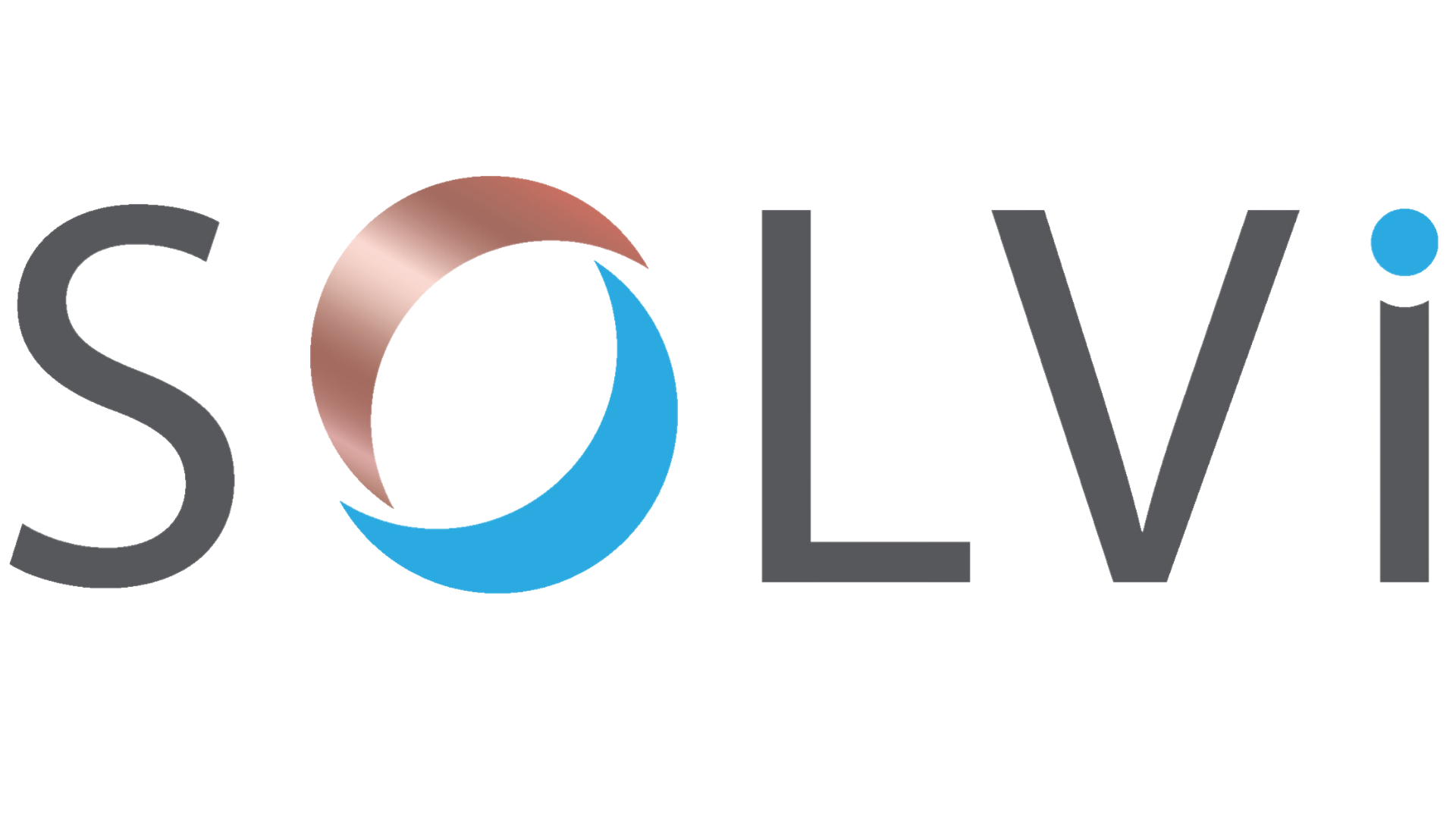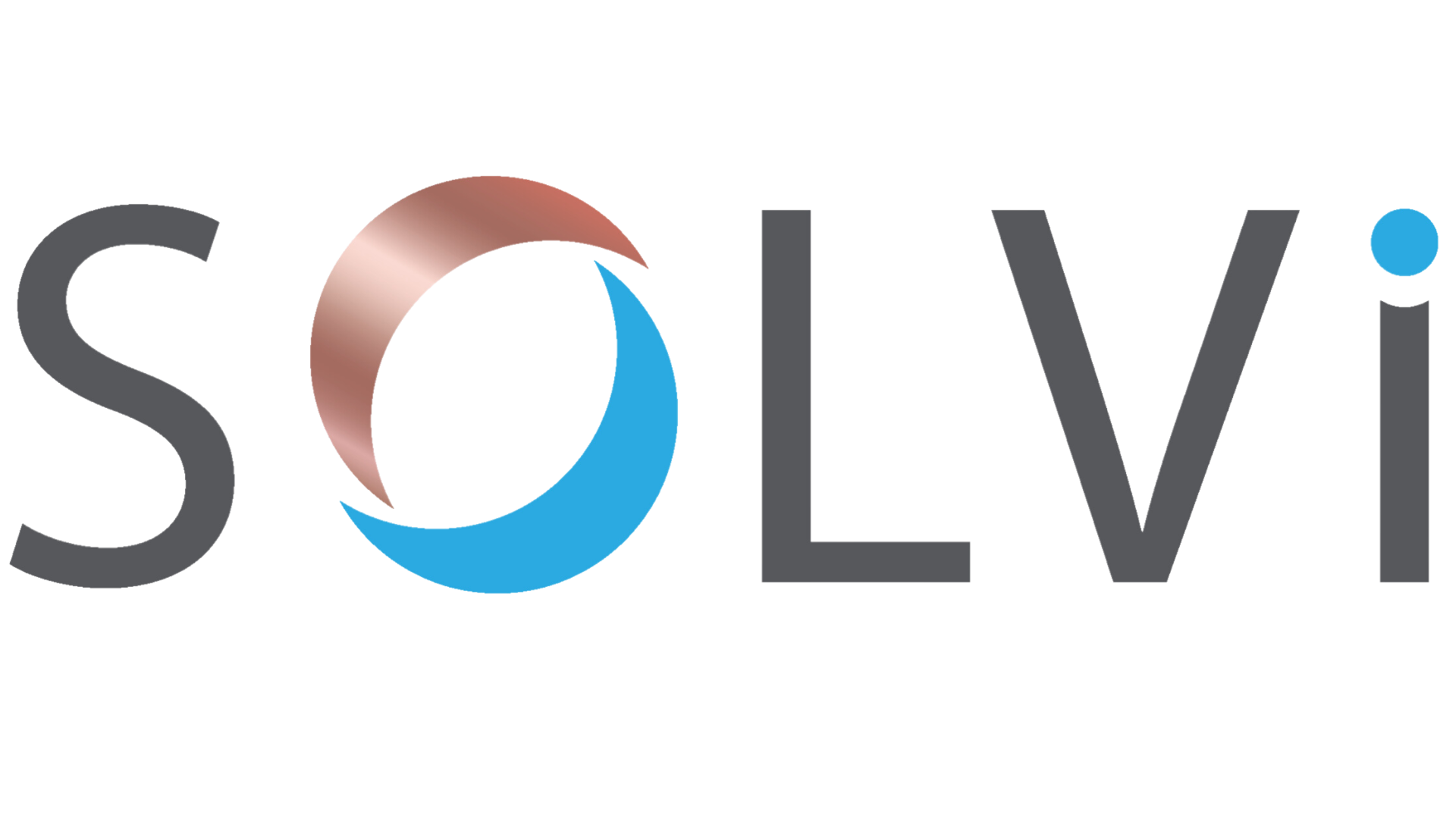Australia is a great place to live and work. Our passion is to help Registered Nurses living overseas to work and experience the great Aussie lifestyle. However, navigating the complexities of migrating to Australia can be daunting.
SOLVi Migration has been assisting nurses to gain registration and successfully migrate independently. Our dedicated team of legal experts specialises in guiding overseas registered nurses through the intricate visa and registration processes, ensuring a smooth transition to working in Australia.
We are committed to providing personalised support every step of the way, from initial eligibility assessments and visa applications to professional registration and employment advice. Trust us to help you achieve your dream of a rewarding nursing career in Australia.

VISA’S WE CAN HELP WITH

Employer Sponsored

Skilled Independent
MAKING AUSTRALIAN MIGRATION EASY

Migration Mindset: Setting the Right Intention for Success
Migrating to Australia as a nurse can be one of the most exciting yet overwhelming journeys you embark on. It’s more than just a change in your work environment or relocating to another country — it’s a significant life shift that requires not only the practical aspects like visas and registration but also the right mindset to help you navigate the challenges along the way. Setting the right intention from the outset will help guide you towards success, and that means cultivating patience, emotional regulation, and certainty that comes from having the right advice and strategy.
Why the Migration Mindset Matters
Let’s be clear from the start — the process of migrating, especially to a country like Australia with its own specific requirements for nursing registration and visas, is a marathon, not a sprint. The sheer number of steps involved — from securing AHPRA registration to lodging your visa application — can feel overwhelming. And while it’s natural to feel anxious, rushed, or even frustrated along the way, these emotions can often cloud our judgement, leading us to make impulsive decisions or to give up altogether.
This is where your mindset comes in!
Migrating with the right mindset is about setting your intention and approaching the process with the patience and emotional resilience required to handle the ups and downs. It’s about understanding that things may not always go according to plan and being okay with that. More importantly, it’s about having confidence and certainty in your migration strategy, knowing that with the right advice and support, you are still on the right path — even if things don’t move as quickly as you’d hoped.
1. Cultivating Patience in the Migration Process
We get it — when you’ve decided to make the move to Australia, you’re probably ready to pack your bags and start your new life as soon as possible. But in reality, the migration process takes time. From gathering documents, having them verified, preparing for any required English language tests, meeting the standards of nursing registration, to lodging a visa application, the process is full of steps that require thorough attention to detail.
The idea of “setting the right intention” comes into play here. Rather than viewing the process as an endless set of hurdles to jump over, it’s important to shift your mindset and view it as a step-by-step journey, each stage bringing you closer to your goal. Yes, it requires patience — but patience doesn’t mean being passive. It’s an active process of waiting with purpose, knowing that each step you complete gets you one step closer to achieving your dream of living and working in Australia.
Keep in mind, delays are a normal part of the process. For instance, it may take several months after CGFNS verification is completed before your New Zealand Nursing Council registration is processed, or you may need to wait for an invitation to apply for a visa after submitting an Expression of Interest (EOI). These delays can be frustrating, but having the right mindset helps you stay grounded and focused on what you can control.
2. Emotional Regulation Throughout the Migration Journey
Alongside patience, emotional regulation is another key aspect of the migration mindset. It’s perfectly normal to experience a range of emotions during the process — excitement, nervousness, hopefulness, frustration, and even fear. But the ability to manage these emotions will make a world of difference in how you experience the migration process.
It’s easy to get discouraged when things don’t go as expected. For example, if your visa is taking longer to process than anticipated, or if you’re asked to provide additional documentation, it’s tempting to feel like throwing in the towel. But letting your emotions get the better of you can often lead to hasty decisions, like submitting an incomplete application or seeking advice from unqualified sources.
Instead, try to approach each situation with emotional regulation. Take a deep breath, step back, and reassess the situation calmly. Acknowledge your feelings, but don’t let them dictate your actions. Focus on solutions rather than dwelling on setbacks. By managing your emotions effectively, you’ll not only reduce your own stress but also make clearer decisions that keep you on the right path.
A key aspect of this is also managing expectations. The migration process is complex, and unexpected twists and turns can arise. Understand that challenges are part of the process — they don’t necessarily indicate failure. Instead, view them as opportunities to show resilience, adapt, and stay focused on the bigger picture.
3. Certainty Comes From Having the Right Advice
While patience and emotional regulation are key, they need to be grounded in something — and that something is certainty. Certainty comes from having the right advice and the right strategy. This isn’t about guessing your way through the migration process or relying on hearsay from well-meaning friends and family who may not be fully up-to-date on the latest immigration policies. It’s about having a solid migration plan that’s based on expert advice from qualified professionals who understand the nuances of Australian immigration law and the nursing registration process.
One of the biggest mistakes we see nurses make is following advice from people who aren’t qualified. Whether it’s a friend who migrated years ago or a recruitment agent with limited knowledge, relying on non-professional advice can put your entire migration at risk. You wouldn’t perform complex clinical procedures without the proper training — so why treat your migration any differently? Professional advice doesn’t just give you the right strategy; it gives you peace of mind that you’re doing things correctly.
For example, a qualified immigration lawyer or registered migration agent will be able to guide you through the specific requirements for visas, whether that’s helping you secure sponsorship on a TSS 482 visa or advising you on your eligibility for permanent residency. They’ll also know what to do if any unexpected issues arise, like dealing with a health condition or character concerns that could affect your visa outcome.
With the right advice, you’ll feel confident in your strategy, knowing that you’re doing everything by the book and that you have a clear pathway forward. This certainty allows you to move through the migration process with greater ease, knowing that you’re equipped to handle whatever comes your way.
4. Stay Focused on the Long-Term Goal
Finally, it’s important to keep your long-term goal in mind. Yes, the process may take time, and yes, it may be filled with challenges. But ultimately, you’re working towards something incredibly worthwhile — a new life in Australia, with all the professional and personal opportunities that come with it. Reminding yourself of why you started this process in the first place can help you stay motivated when things feel tough.
Set your intention from the start. Approach the process with patience, regulate your emotions, and lean on the certainty that comes from having a solid plan in place. Migration is not just about paperwork and visas — it’s about mindset. With the right mindset, you’ll be prepared to face the challenges that arise, stay on track, and ultimately succeed in your goal of migrating to Australia.
Conclusion
Migrating to Australia as a nurse is not an easy feat, but by setting the right intention and mindset, you can navigate the process with far greater ease. Patience, emotional regulation, and certainty rooted in expert advice are the cornerstones of a successful migration. Remember, each step you take brings you closer to your goal of living and working in Australia. Embrace the journey, stay focused, and trust in your plan. With the right mindset, your dream of a new life down under will soon become a reality.
✅ Book a paid legal consultation with SOLVi Migration today.
We’ll assess your situation and give you a clear legal strategy to migrate independently to Australia.

✅ Need help with AHPRA registration? Join our Nurse Registration Course.
Get cost-effective, expert guidance and access to a supportive community so you can secure your AHPRA registration and move forward with your migration plans.
FAQS
What qualifications do I need as a nurse to migrate to Australia?
Generally, you will need a nursing qualification that is recognised in Australia, such as a bachelor’s degree in nursing or an equivalent qualification. You will also need to meet registration requirements with the Australian Health Practitioner Regulation Agency (AHPRA).
What is the process for registering as a nurse in Australia?
To practice as a nurse in Australia, you must be registered with AHPRA. The process involves submitting an application, providing proof of your qualifications and professional experience, and meeting English language requirements. Our team can assist you with this process - Read More.
Will I need a skills assessment?
Yes, most visa applications for nurses require a skills assessment conducted by the Australian Nursing and Midwifery Accreditation Council (ANMAC). This assessment ensures your qualifications and experience meet Australian standards. We can assist you with preparing and submitting your skills assessment application. Read more ...
What are the English requirements?
Depending on the pathway you gain registration and what visa pathway you take, the English requirements can vary from Competent to Proficient levels of English. Read More ...
What if me or my family has a health condition?
If you or a family member has a health condition, it is important to have the possible impact on your migration assessed by a professional before you submit any visa application. The Department of Home Affairs will require health assessments to ensure the condition does not pose a significant cost or burden to the Australian healthcare system. We can help you understand the implications and prepare the necessary documentation. Read more ...
What if me or my family have a character issue?
Character issues, such as past criminal records, must be disclosed in your visa application. The Department of Home Affairs assesses character issues on a case-by-case basis. We can provide advice on how to address these issues and the potential impact on your application.
Are visa fees refundable?
Visa fees are generally non-refundable, even if your application is refused or withdrawn. It is crucial to ensure your application is complete and meets all requirements to avoid losing your fee. Our team can help you prepare a strong application to minimise the risk of refusal.
What if I've been refused a visa in the past?
If you have been refused a visa in the past, it is essential to understand the reasons for the refusal and address them in any new application. We can review your previous refusal and advise on the best course of action to improve your chances of success.
Can I bring my family with me?
Yes, many visa types allow you to include eligible family members, such as your spouse or partner and dependent children, in your application. We can advise on the requirements and process for including your family in your migration plans.
Can't you find my a sponsor to pay for everything?
While some employers may offer sponsorship, which can cover visa and relocation costs, it is important to understand the conditions tied to employer-sponsored visas. Also worth noting, a sponsor is not legally required to pay your application fees. These conditions can include staying with the employer for a certain period. We can help you explore your options and find the best pathway for your situation. Read more ...
How long will the process take?
The processing time for visa applications can vary depending on the type of visa and individual circumstances. Generally, it can take from a few months to over a year. Our team will provide an estimated timeline based on your specific situation and keep you updated throughout the process.
What are the costs of migrating?
Costs can include visa application fees, skills assessment fees, and potentially relocation expenses. The exact costs will depend on the visa pathway you choose and any additional services you require. We will provide you with a transparent breakdown of costs during your consultation. Read more...
DOWNLOAD OUR FREE GUIDE ON EVERYTHING YOU NEED TO KNOW TO WORK IN AUSTRALIA
Contact Us
All RIGHTS RESERVED LIABILITY LIMITED BY A SCHEME APPROVED UNDER PROFESSIONAL STANDARDS LEGISLATION. LEGAL PRACTITIONERS EMPLOYED BY SOLVI PTY LTD (ABN 16 658 861 182) ARE MEMBERS OF THE SCHEME.
The information published on this webpage should not be taken as legal advice rather it should be considered for information purposes only.
COPYRIGHT © 2024 SOLVI PTY LTD
Contact Us
All RIGHTS RESERVED LIABILITY LIMITED BY A SCHEME APPROVED UNDER PROFESSIONAL STANDARDS LEGISLATION. LEGAL PRACTITIONERS EMPLOYED BY SOLVI PTY LTD (ABN 16 658 861 182) ARE MEMBERS OF THE SCHEME.
The information published on this webpage should not be taken as legal advice rather it should be considered for information purposes only.
COPYRIGHT © 2024 SOLVI PTY LTD








